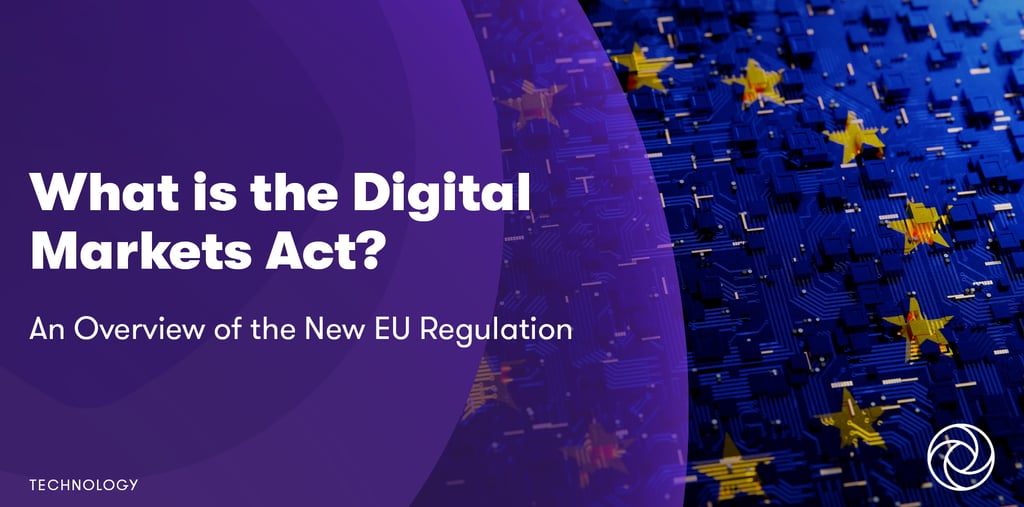The EU’s Digital Markets Act Is Shaking Up PR — Here’s What You Need to Know in 2025
Big tech is facing big changes — and your PR strategy might need to as well.
Alex Silveria
4/22/20252 min read


Back in March, the European Union’s Digital Markets Act (DMA) went from policy to practice. It’s a landmark set of rules designed to rein in the biggest tech “gatekeepers”—think Apple, Meta, Google—and open up the digital playing field.
It might seem like a distant, corporate-level issue, but the ripple effects are heading straight for PR teams, especially if your work crosses borders.
Consider this your heads-up: the rules of digital engagement in Europe have been rewritten. The brands that adapt their communication strategies now will be the ones leading the conversation.
So, What Exactly Is the DMA?
In short, the DMA is a powerful EU regulation targeting tech giants that control core platforms like app stores, search engines, and social media. Its goal is to foster fairness and competition by forcing these companies to:
Open their ecosystems to third-party apps and services.
Stop unfairly promoting their own products in search and rankings.
Be more transparent about how advertising works.
Give users greater control over their data.
If GDPR was about data privacy, the DMA is its ambitious sibling focused on market fairness and digital transparency.
Why This Is a PR Issue, Not Just a Tech One
This isn’t just for the legal or IT department to figure out. The DMA fundamentally changes how we connect with audiences. Here’s why it belongs on your radar:
1. The Platforms You Rely On Are Changing.
Algorithms on search engines and social media are being forced to evolve. This means less predictability in how content is ranked and discovered. The result? A stronger case than ever for earned media and authentic storytelling—strategies that can’t be undone by an algorithm update.
2. Influencer Marketing Just Got More Transparent.
Paid partnerships are under a brighter spotlight, thanks to related rules in the Digital Services Act (DSA). Clear, unambiguous sponsorship disclosures are now a legal must-have, not just a best practice. Our job is to guide clients and creators toward honesty and compliance, before a misstep damages trust.
3. Trust Becomes Your Most Valuable Asset.
With new limits on data sharing and targeted ads, the classic tools of digital marketing are being recalibrated. This elevates the core mission of PR: building genuine credibility. Owned channels like newsletters, podcasts, and substantive content are poised to become even more critical for fostering real community and loyalty.
How to Adapt Your PR Strategy
Let’s translate this into action:
Review Your Digital Toolkit: Audit your campaigns for compliance, especially around tracking and targeting.
Champion Clear Influencer Disclosures: Make transparency non-negotiable in every partnership.
Double Down on Owned & Earned Media: Invest in your brand’s direct channels and cultivate meaningful press relationships.
Educate Your Team: Ensure everyone in your orbit understands these shifts—your audience and regulators certainly do.
Think Global Compliance: Even if you’re not based in the EU, if your audience is there, these rules affect you.
The Bottom Line for Communicators
The DMA is more than a regulation; it’s a signal. The digital world is being reshaped around principles of transparency and fairness. For PR professionals, this is an opportunity to reset—to tell clearer stories, build deeper trust, and connect with audiences in more authentic ways.
If your 2025 plans don’t account for this new landscape, it’s time to start. When the platform rules change, the quality of your message matters more than ever.
🔍 Is your communication strategy ready for the new digital rules?
Navigate the changing landscape with confidence. Let's discuss how to future-proof your PR and content plans.
👉 Reach out for a consultation: consult@prvendor.com
